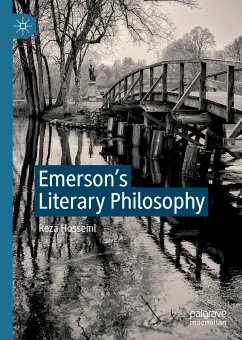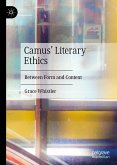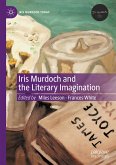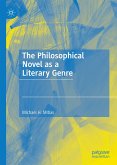-David LaRocca, Cornell University, USA, author of On Emerson (2003)
"Positioning Emerson within both ancient and contemporary philosophical traditions, this study goes far in revealing the great nineteenth century American thinker's significance in his own time and often refreshingly in his own words."
- Roger Sedarat, author of Emerson in Iran: the American Appropriation of Persian Poetry
This book situates Ralph Waldo Emerson in the tradition of philosophy as "spiritual exercise", arguing that the defining feature of his literary philosophy is the conviction that there is an inherent link between moral persuasion and literary excellence. Hosseini persuasively argues that the Emersonian project can be viewed as an extension of Socrates' call for a return to the beginning of philosophy, to search for a way of revolutionizing our ways of seeing from within. Examining Emerson's provocative style of writing, Hosseini contends that his prose is shaped by a desire to bring about psychagogia, or influencing the soul through the power of words.
This book furthermore examines the evolving nature of Emerson's thoughts on "scholarly action" and its implications, his religious temperament as an aesthetic experience of the world through wonder, and the reasons for a resounding acknowledgment of despair in his essay "Experience." In the concluding chapter, Hosseini explores the depth of Emerson's engagement with the classical Persian poets and argues that what we may call his "literary humanism" is informed by Persian Adab, exemplified in the writings of Rumi, Hafiz, and Saadi. Weaving together themes from Persian philosophy and Emersonian transcendentalism, Hosseini establishes Emerson's way of seeing as refreshingly relevant,showing that the questions he tackled in his writings are as pressing today as they were in his time.
Dieser Download kann aus rechtlichen Gründen nur mit Rechnungsadresse in A, B, BG, CY, CZ, D, DK, EW, E, FIN, F, GR, HR, H, IRL, I, LT, L, LR, M, NL, PL, P, R, S, SLO, SK ausgeliefert werden.









